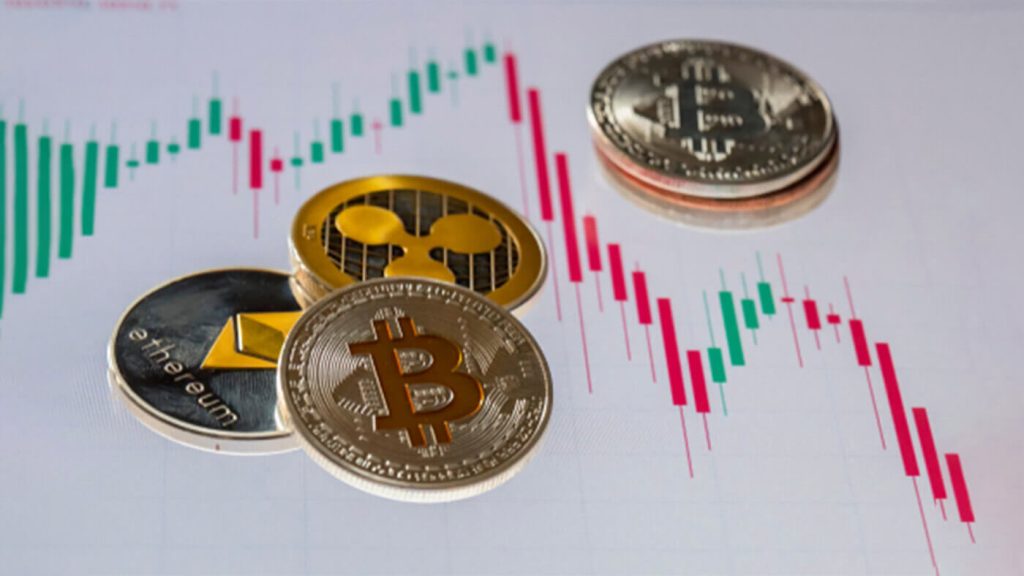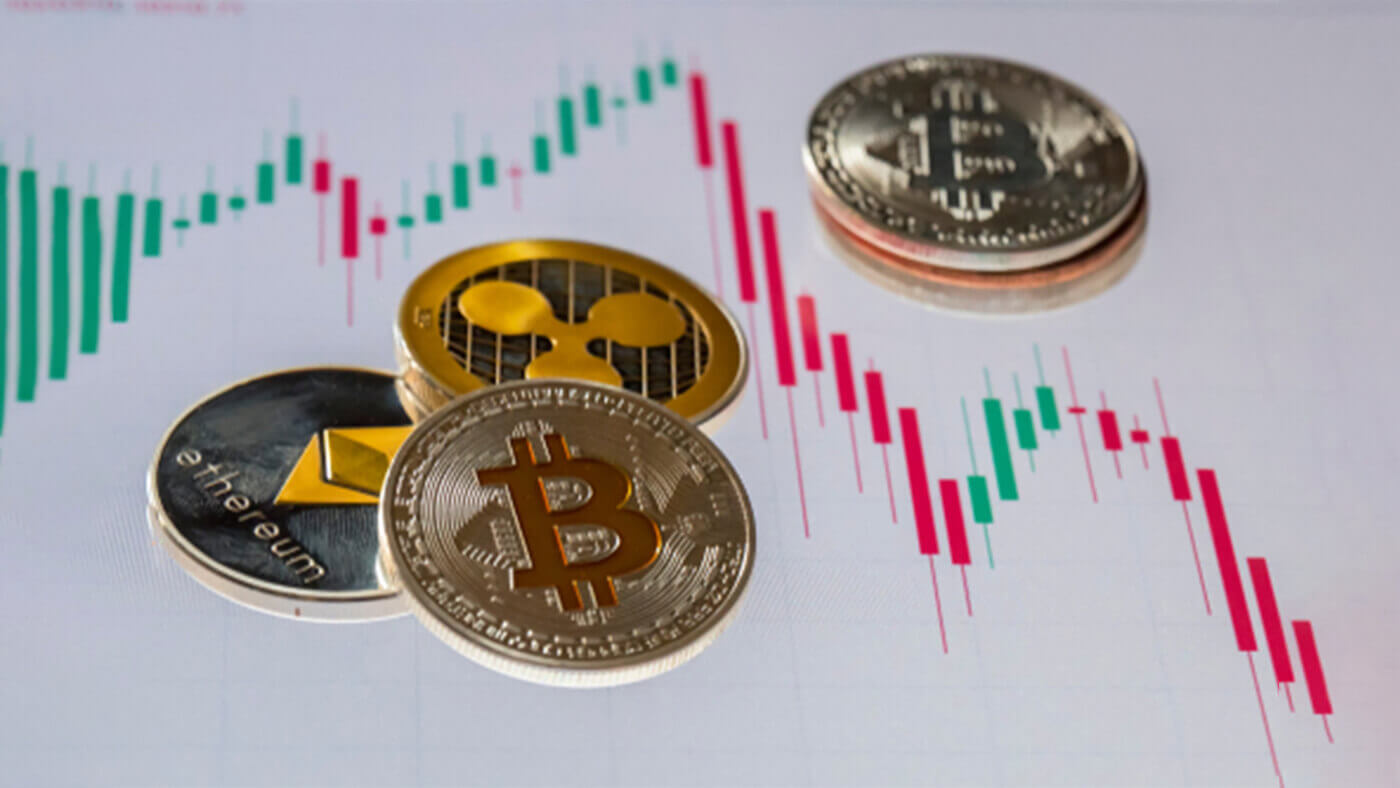As the popularity of cryptocurrencies continues to grow, so does the need for reliable and secure cryptocurrency exchanges. These platforms serve as gateways for buying, selling, and trading digital assets. However, with numerous cryptocurrency exchanges available, it can be challenging to choose the right one that meets your specific needs. In this blog, we will explore the factors to consider when selecting a cryptocurrency exchange and provide guidance on finding the right platform for your trading and investment activities.
Security and Reputation:
One of the primary considerations when choosing a cryptocurrency exchange is security. Look for exchanges that prioritize security measures such as two-factor authentication (2FA), cold storage for funds, and robust encryption protocols. Additionally, research the exchange’s reputation within the cryptocurrency community by reading reviews, checking user feedback, and considering its history of security incidents, if any. Opt for exchanges that have a strong track record of safeguarding user funds and have earned trust among their users.
Supported Cryptocurrencies:
Different cryptocurrency exchanges offer varying ranges of supported cryptocurrencies. If you have specific digital assets you wish to trade, ensure that the exchange supports those cryptocurrencies. Popular exchanges generally support well-established coins like Bitcoin (BTC), Ethereum (ETH), and Litecoin (LTC). However, if you’re interested in trading more niche or newly launched cryptocurrencies, you may need to find exchanges that specialize in those specific assets.
Liquidity and Trading Volume:
Liquidity refers to the ability to buy or sell a cryptocurrency quickly without significantly impacting its price. Exchanges with high liquidity have a large number of active traders and higher trading volumes, providing better opportunities for executing trades at desired prices. Higher liquidity also reduces the risk of encountering price slippage, where the executed price deviates significantly from the expected price. Consider the trading volume and liquidity of an exchange to ensure smooth and efficient trading experiences.
User Interface and Experience:
The user interface (UI) and user experience (UX) of a cryptocurrency exchange play a vital role in your overall trading experience. A user-friendly and intuitive interface makes it easier to navigate the platform, execute trades, and access relevant information. Look for exchanges with clear and well-designed interfaces that cater to both beginners and experienced traders. Additionally, consider if the exchange offers advanced trading features like limit orders, stop-loss orders, and margin trading, depending on your trading preferences and goals.
Fees and Commissions:
Cryptocurrency exchanges charge various types of fees, including transaction fees, deposit/withdrawal fees, and trading fees. It’s essential to understand the fee structure of an exchange before getting started. Some exchanges have fixed fee rates, while others may offer tiered fee structures based on trading volume or membership levels. Consider the fee structure and compare it with other exchanges to ensure that it aligns with your trading frequency and budget.
Security Measures:
Apart from the overall security of the exchange, it’s crucial to evaluate the specific security measures implemented by the platform. Look for exchanges that offer two-factor authentication (2FA), which adds an extra layer of security to your account. Additionally, exchanges that provide options for cold storage of funds, where the majority of funds are stored offline, are considered more secure. Regular security audits, bug bounty programs, and transparent communication about security practices are also positive indicators of a reputable exchange.
Regulatory Compliance:
Compliance with relevant regulations is crucial when choosing a cryptocurrency exchange. Different jurisdictions have varying requirements for cryptocurrency exchanges, including anti-money laundering (AML) and know-your-customer (KYC) regulations. Ensure that the exchange you choose complies with the necessary regulations in your region. Exchanges that prioritize regulatory compliance demonstrate a commitment to transparency and legal operations.

Customer Support and Reputation:
Reliable customer support is essential when dealing with technical issues or addressing concerns on an exchange platform. Look for exchanges that offer responsive customer support channels, such as email, live chat, or phone support. Additionally, consider the exchange’s reputation for customer service by researching user experiences and reviews. Prompt and helpful customer support can significantly enhance your overall trading experience and address any potential issues efficiently.
Geographical Restrictions and Availability:
Some cryptocurrency exchanges have geographical restrictions, limiting access to certain countries or regions. Before selecting an exchange, ensure that it is available in your country or region. Moreover, consider the availability of supported fiat currencies if you plan to deposit or withdraw funds in your local currency.
Choosing the right cryptocurrency exchange is crucial for your trading and investment journey. Consider factors such as security, reputation, supported cryptocurrencies, liquidity, user interface, fees, regulatory compliance, customer support, and geographical availability. Thoroughly researching and comparing different exchanges based on these criteria will help you find a platform that aligns with your specific needs, preferences, and trading goals. Remember, selecting a reputable and secure exchange enhances your overall trading experience and protects your digital assets.


















